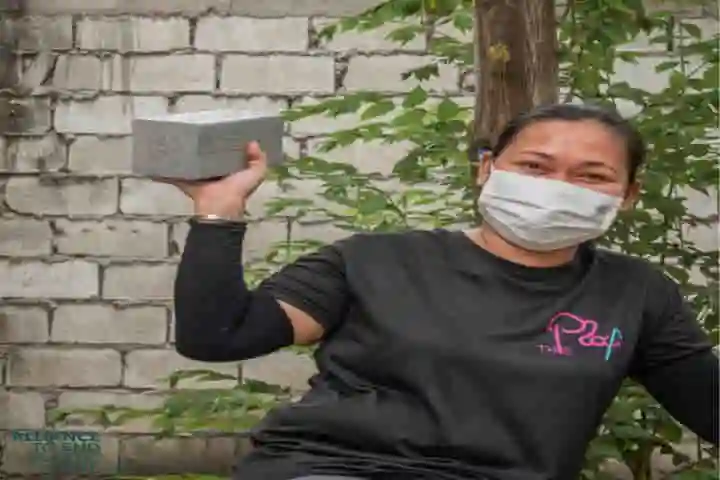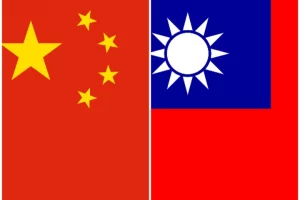Seized about the ever-increasing mountain pile of plastic waste, a group of enthusiastic recyclers in the Philippines have come up with a win-win solution. They are turning bottles, single-use sachets and snack food wrappers that are choking up the rivers and defiling beaches and coastal areas into something useful like building material.
According to a report in news18.com, this group called the Plastic Flamingo, or “The Plaf", as they are popularly known as, collect all types of plastic waste, shred it and then use this shredded material to mould planks and posts. These are called “eco-lumber" which can be gainfully used to create fences, decks and even disaster-relief shelters.
Talking to Reuters, Plaf’s Chief Operating Officer, Erica Reyes said: “(It) is 100% upcycled material, 100% made from plastic waste materials,we also include some additives and colorants and it is rot-free, maintenance-free, and splinter-free.”
The enterprise so far has collected more than 100 tonnes of plastic waste, and is doing its bit to address a local problem whose consequences are global in nature.
A 2021 report by Oxford University’s Our World in Data stated that approximately 80 per cent of global ocean plastic comes from Asian rivers with the Philippines contributing a third of that total. The plastic pollutants adversely affect and endanger the country’s rich marine life and resources.
The United Nations Environment Programme stated that nearly 300 million tonnes of plastic waste are produced annually. Moreover, the two waves of Covid-19 pandemic have contributed to increase plastic waste as there is a hike in both usage and disposal of plastic gloves, face shields, takeaway food vessels and bubble wrap.
Talking about this issue, Plaf’s Marketing Associate, Allison Tan remarked: “People are unaware of how to dispose of these plastics. We give that avenue that instead of putting it in landfills or oceans…you give it to recycling centres like us and we would upcycle them into better products."
The organisation is also in talks with non-government organisations to help them rebuild houses destroyed by typhoons using the sustainable building materials produced by them.
Also read: Art exhibits in Indonesia made of plastic waste from beaches drive home message to cut pollution




















